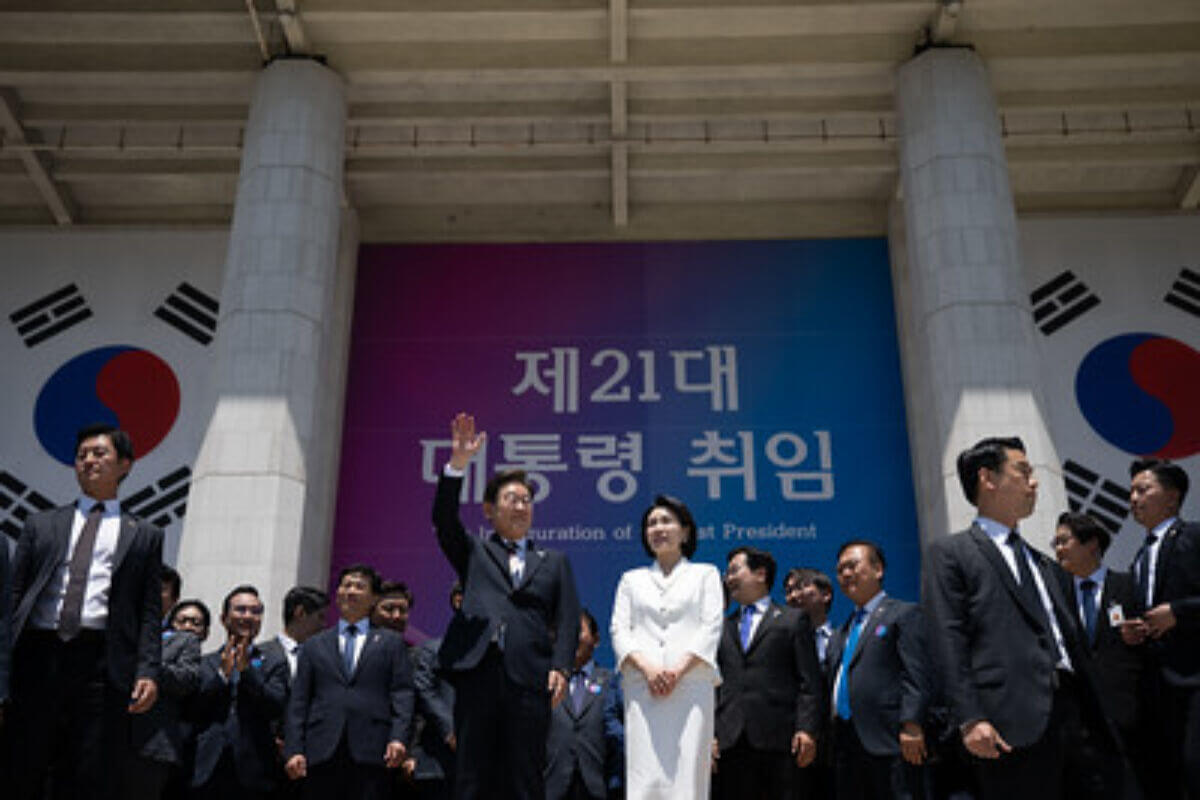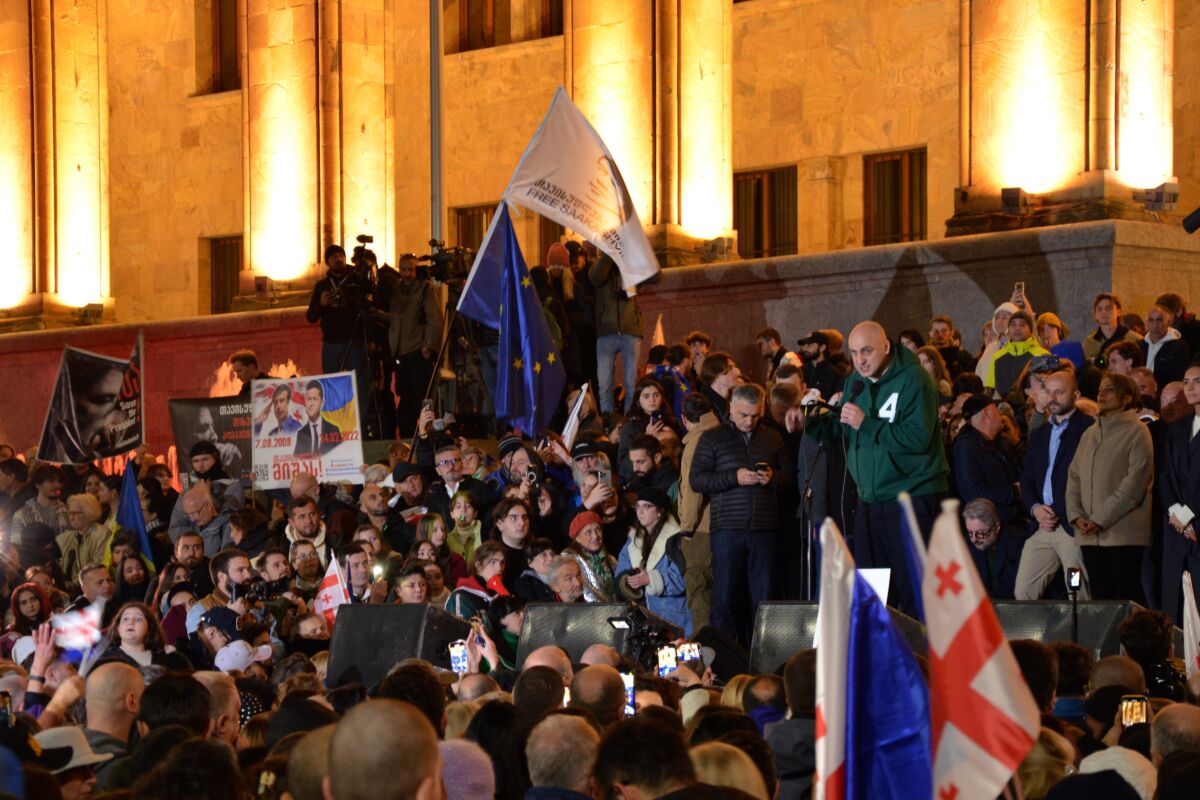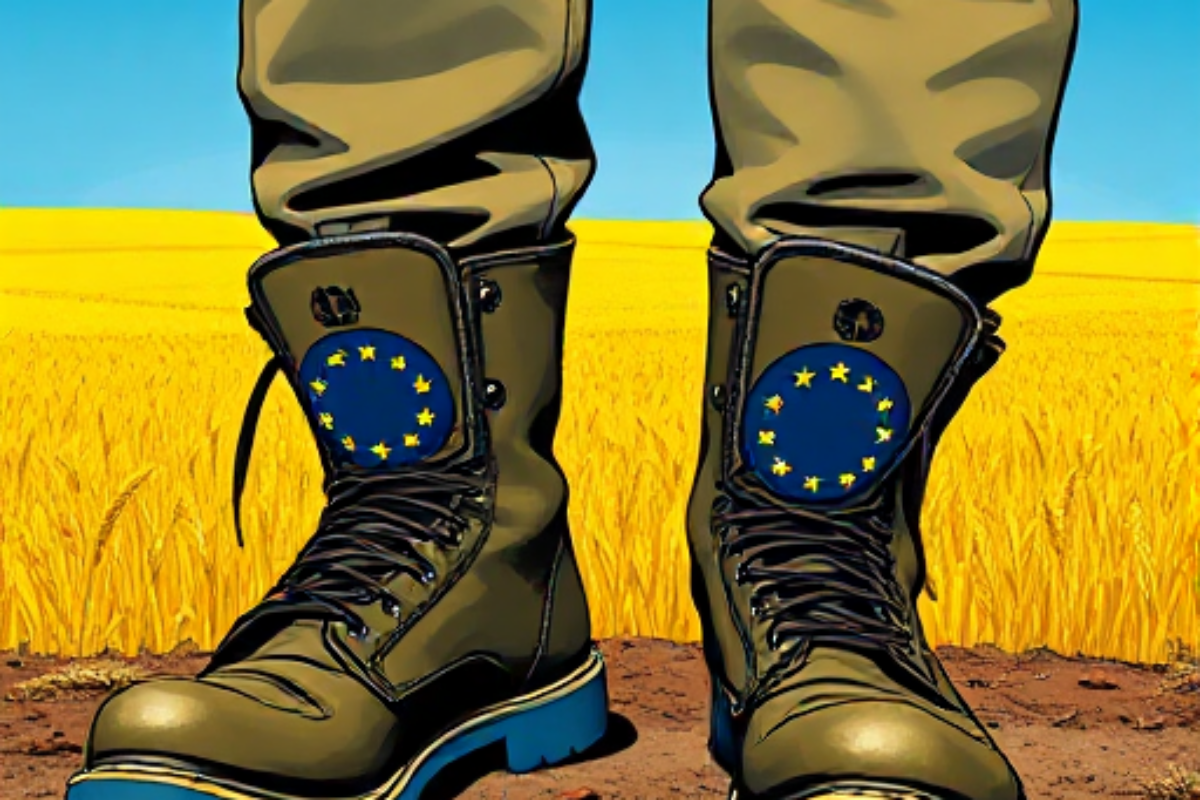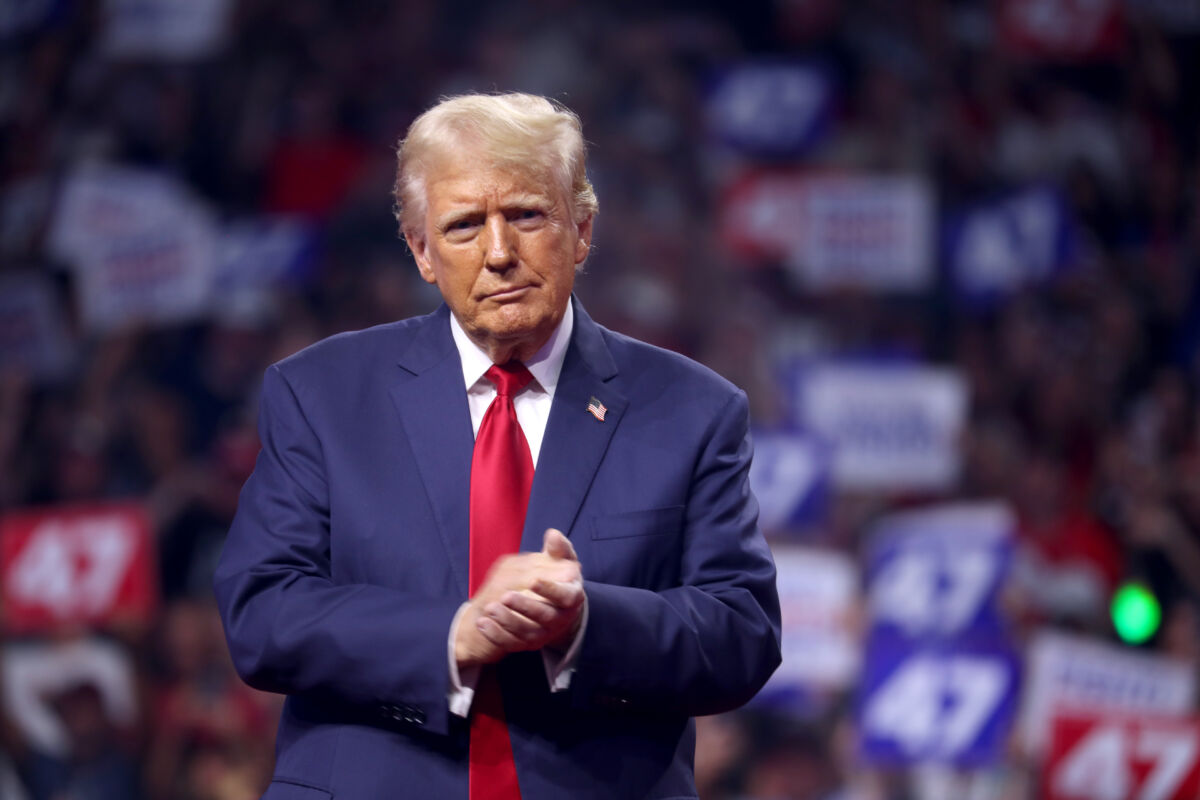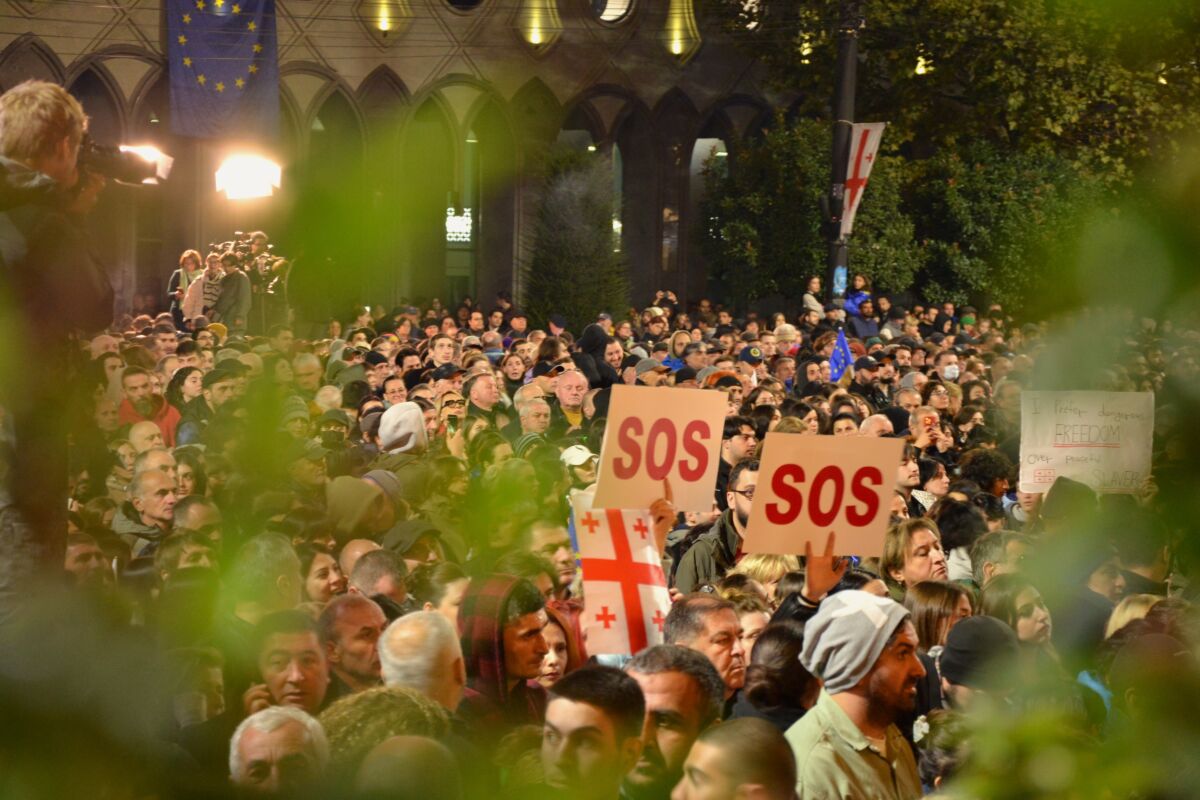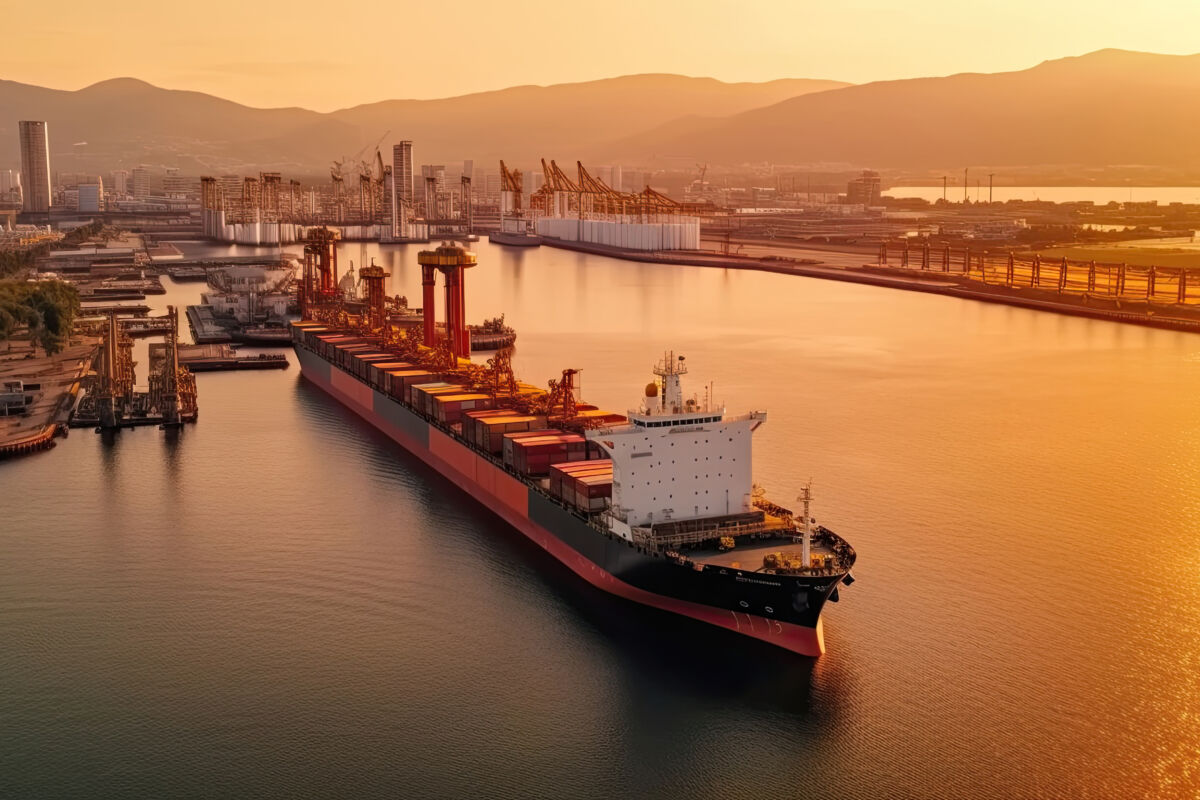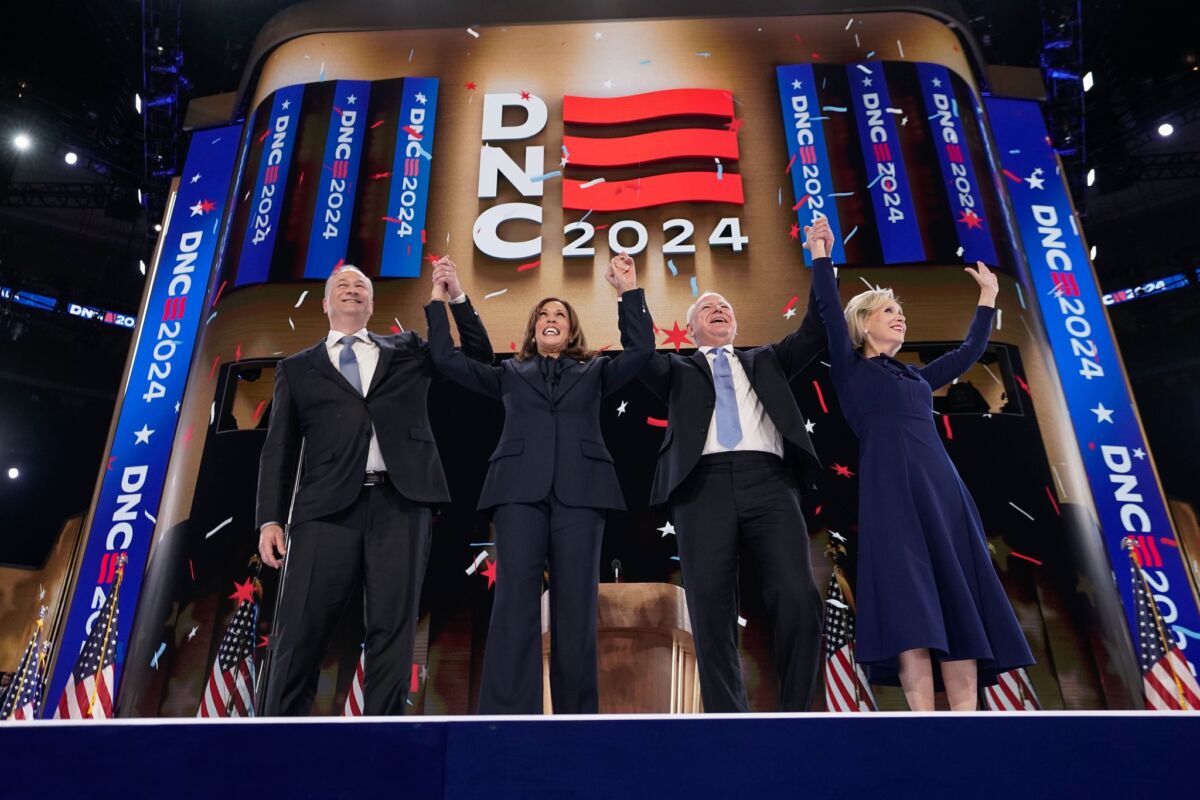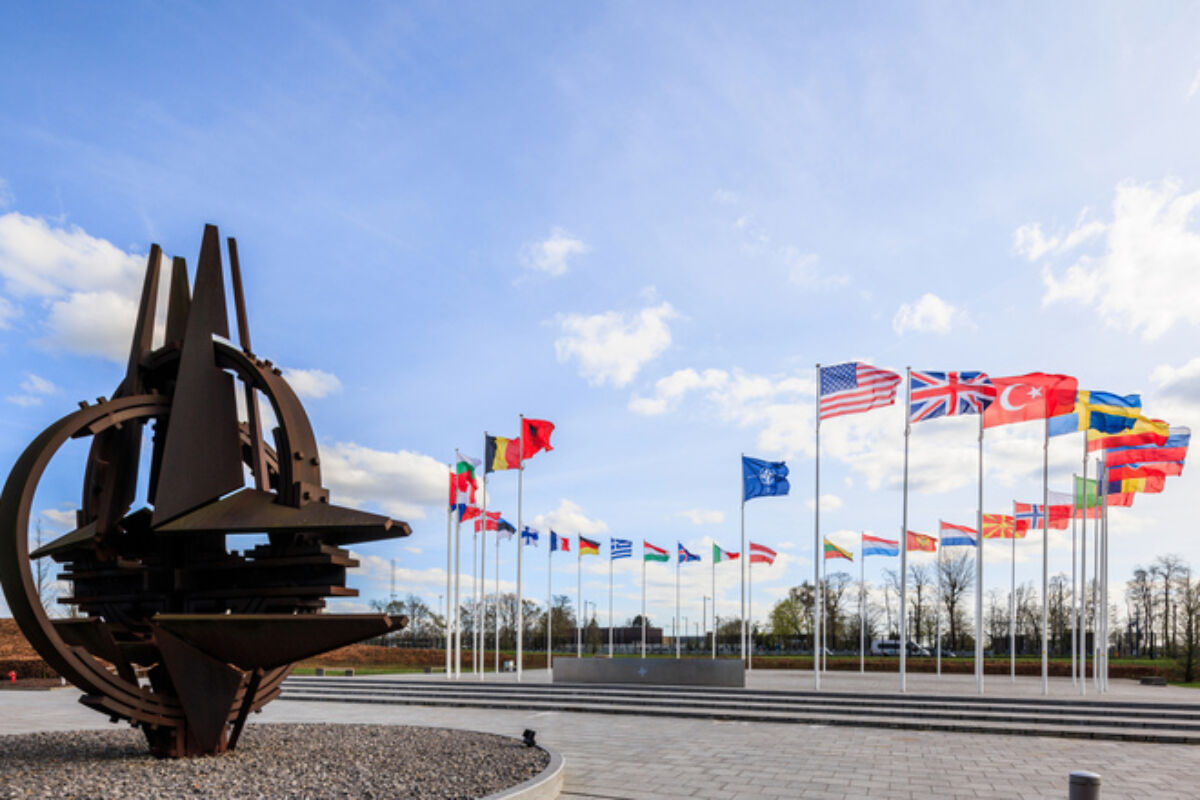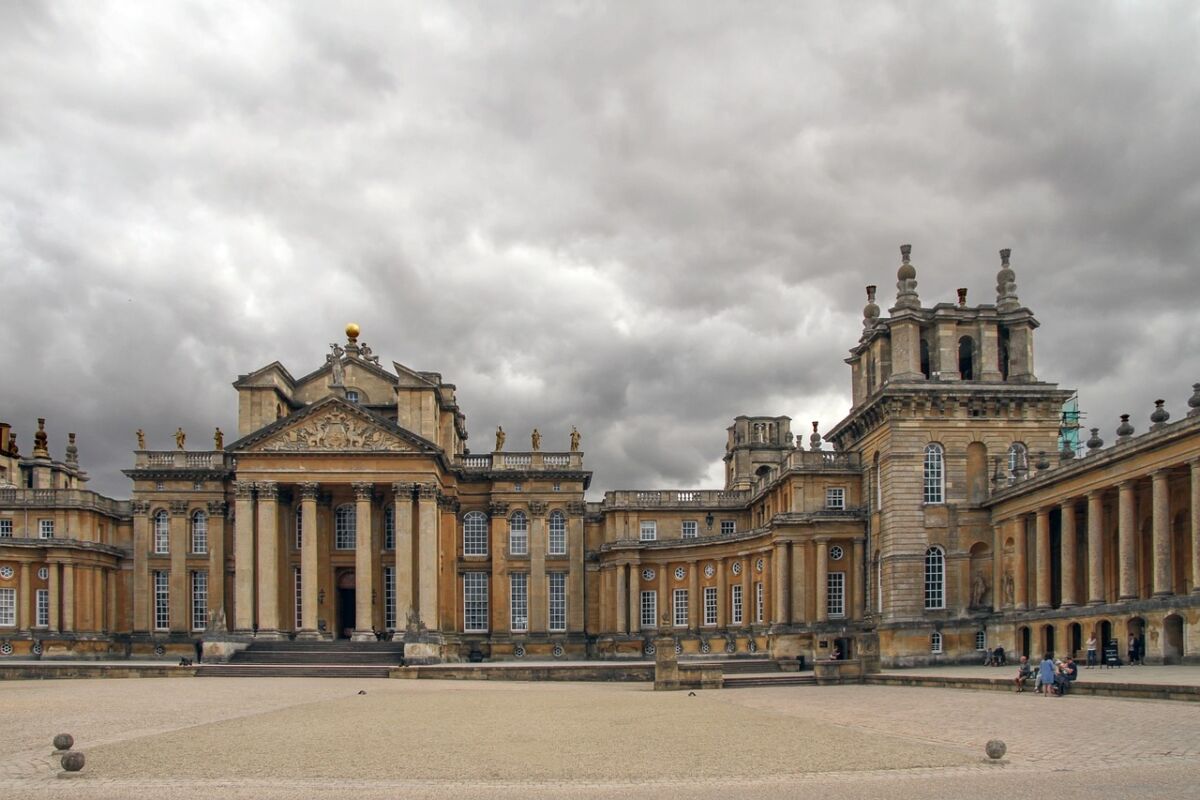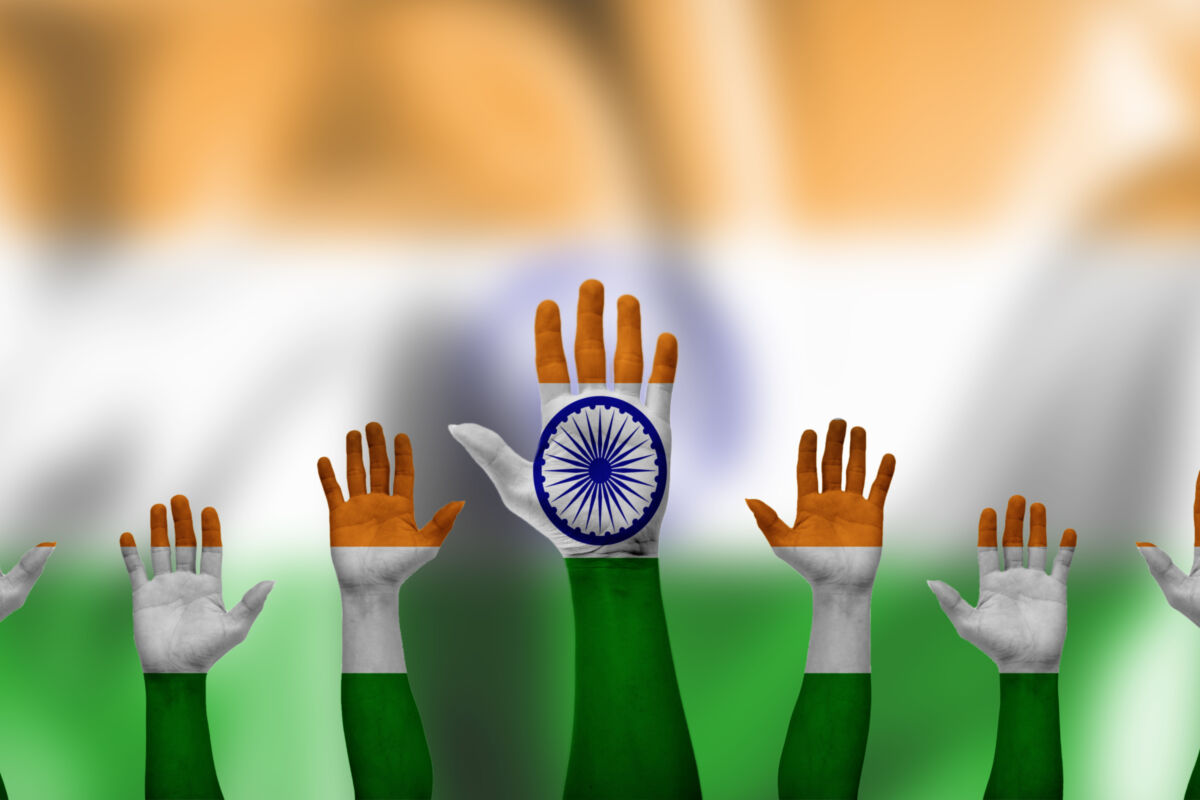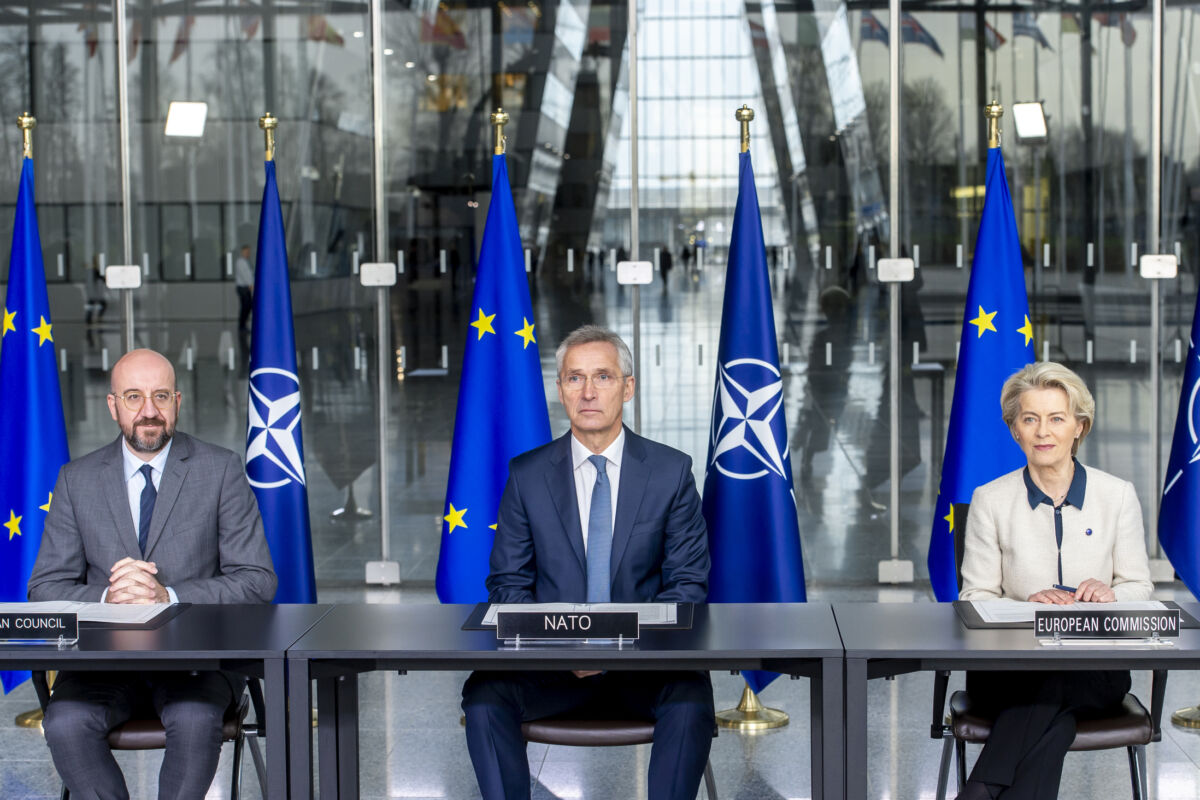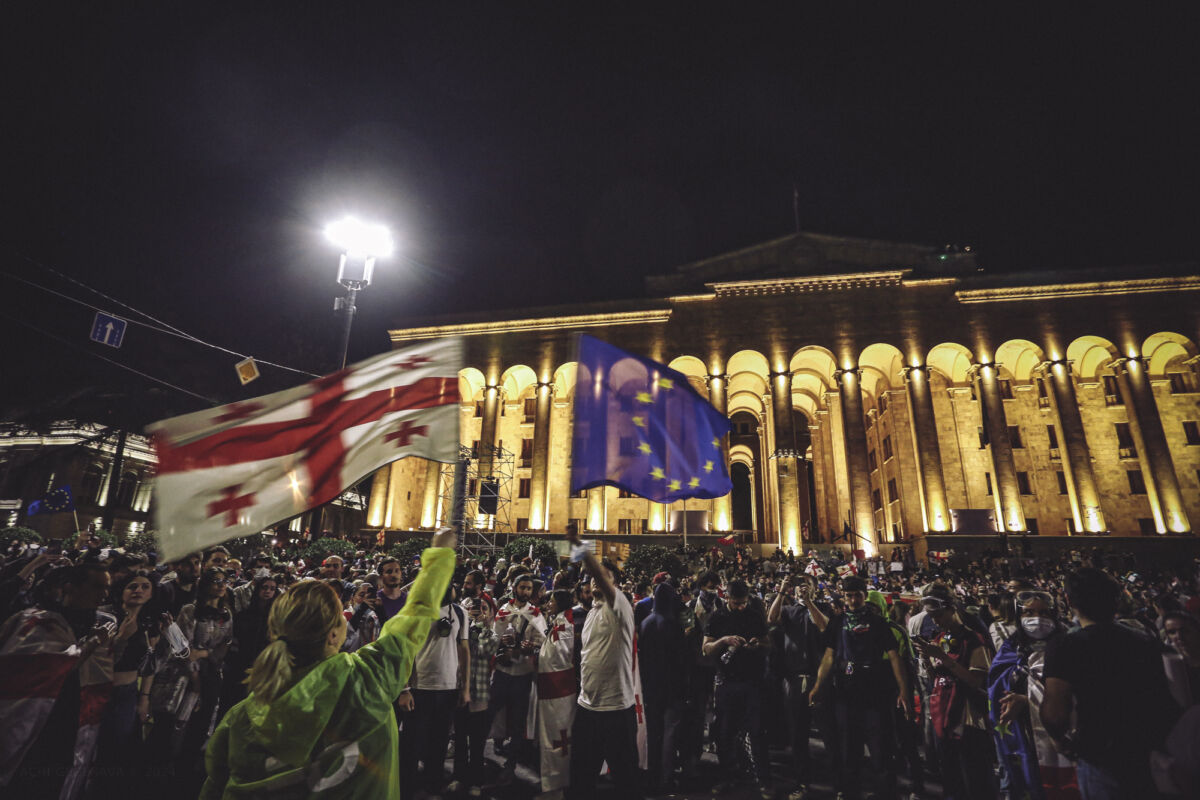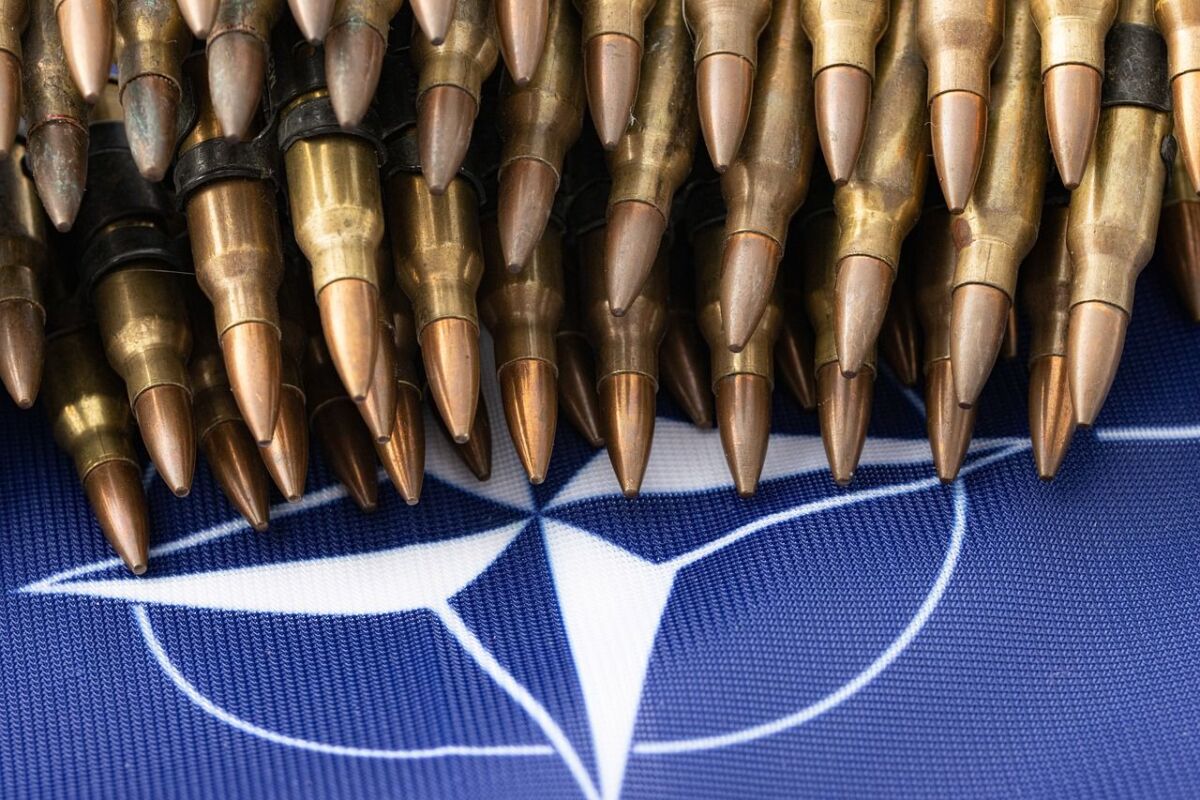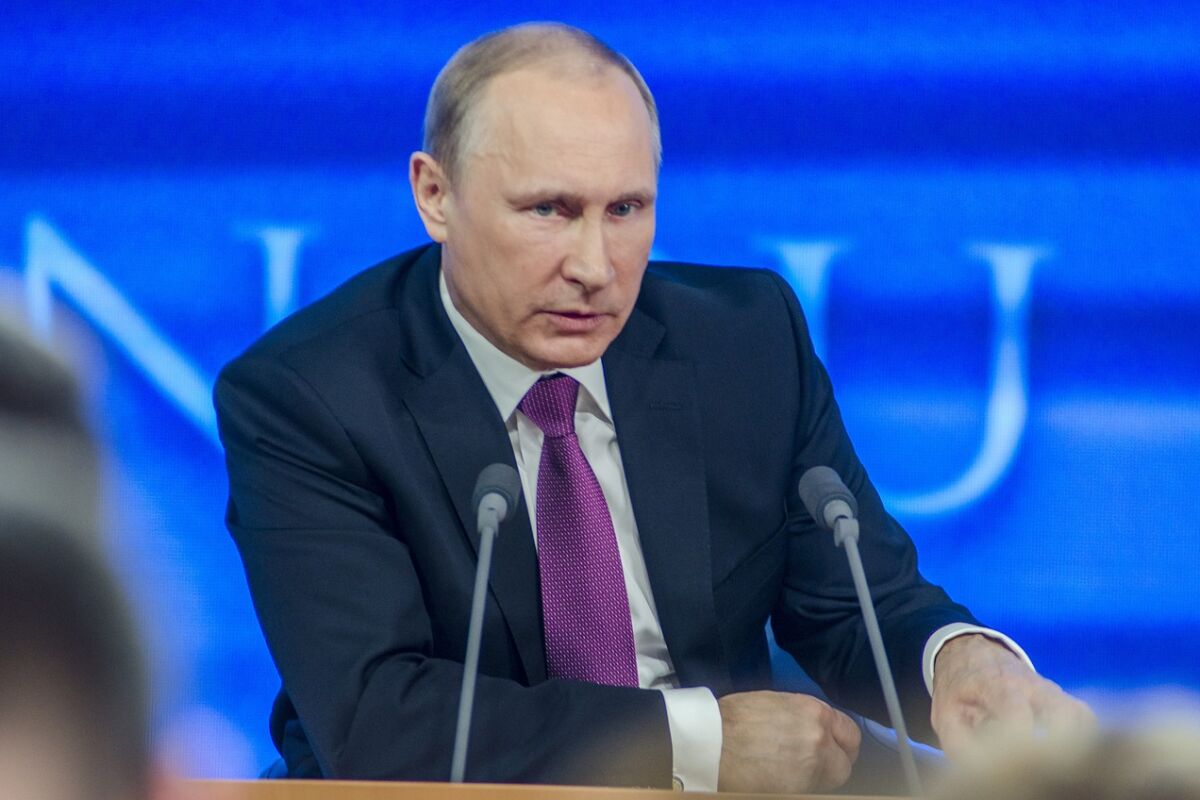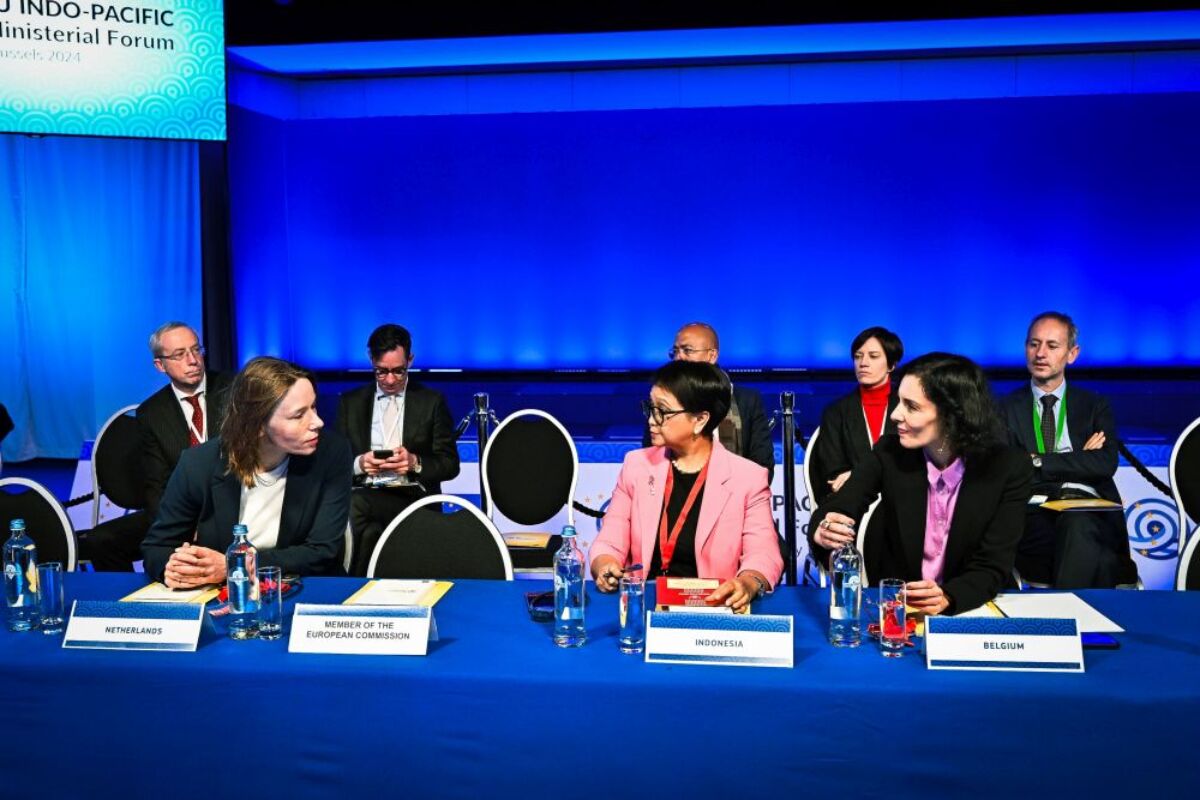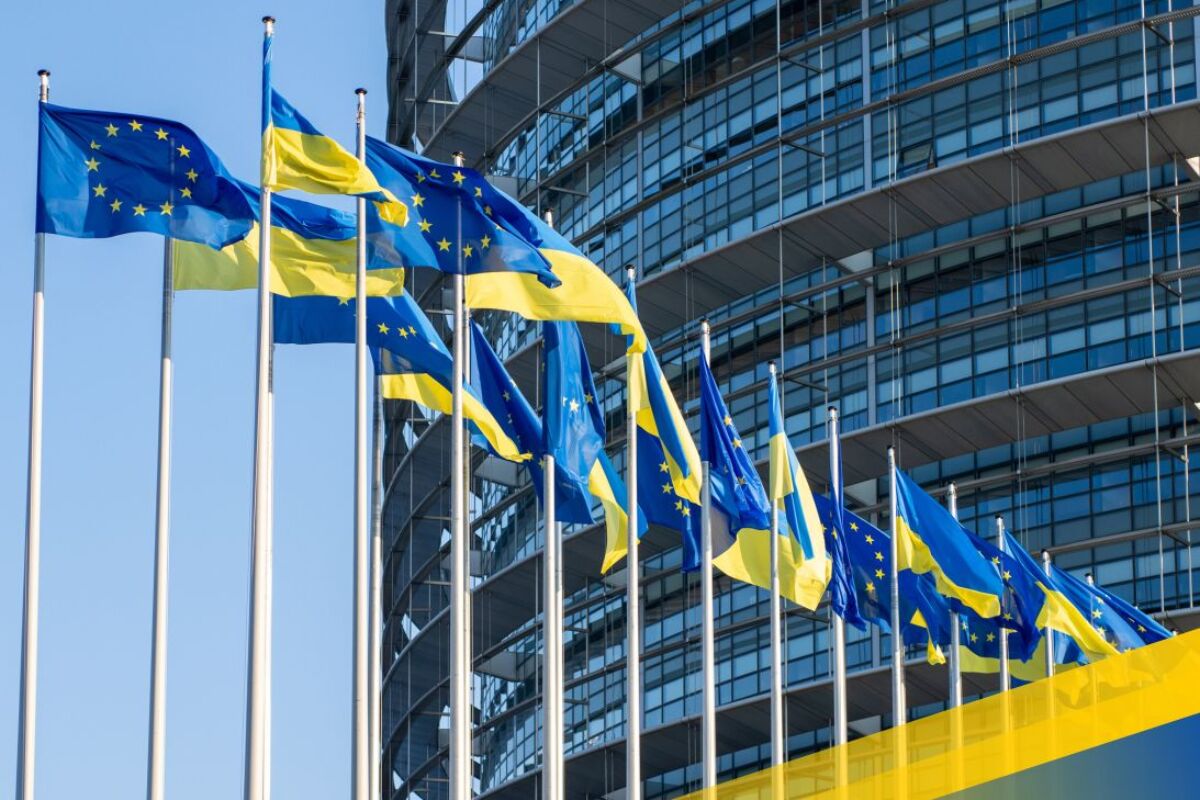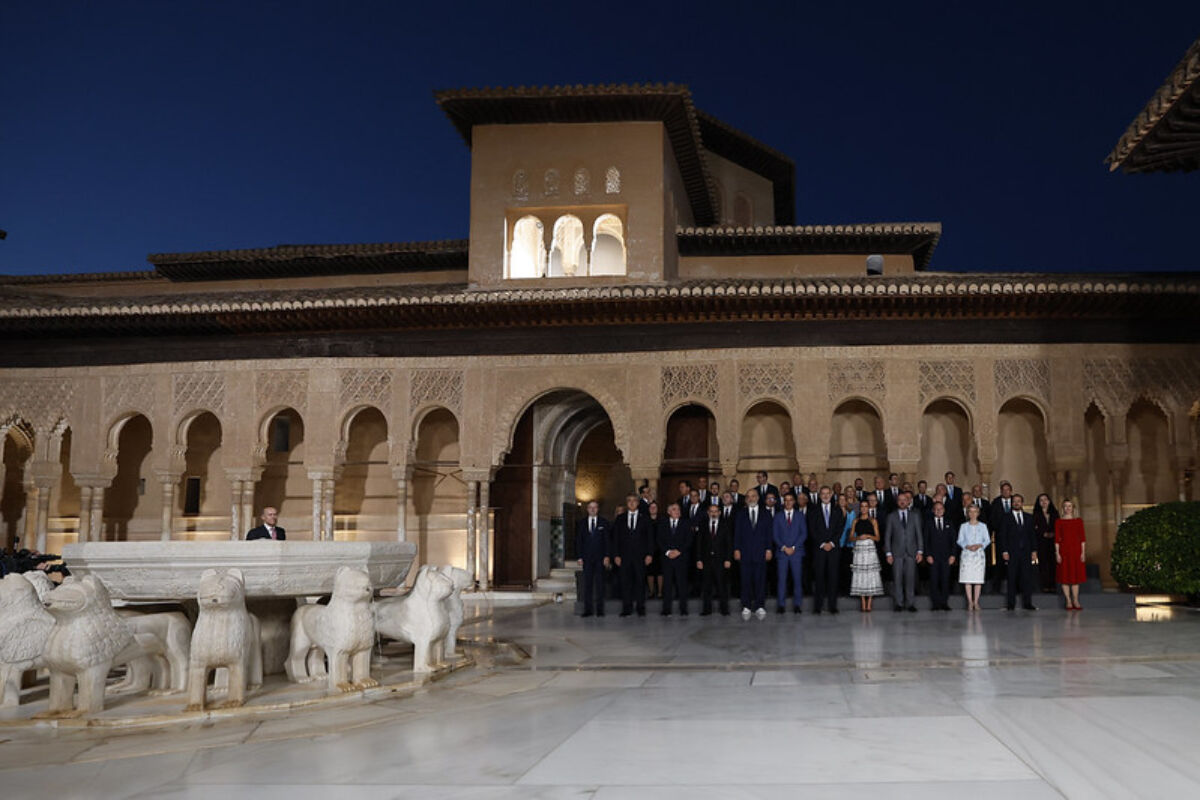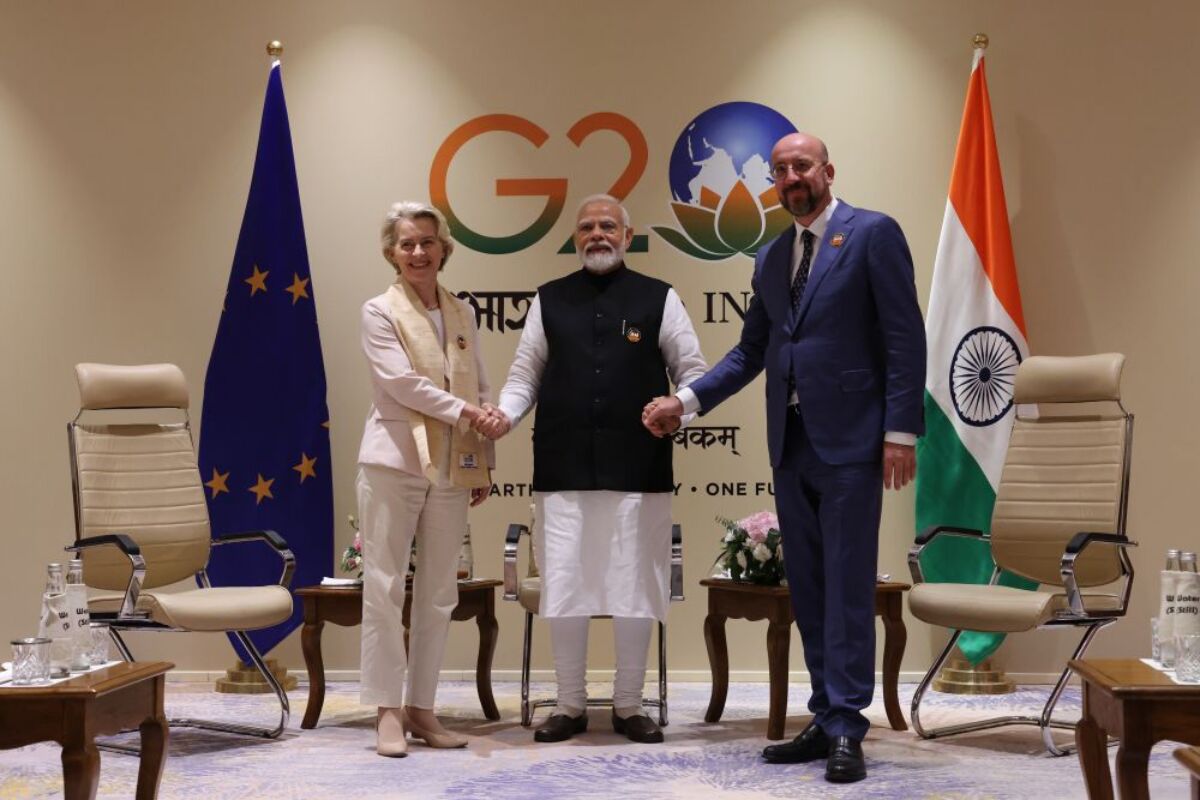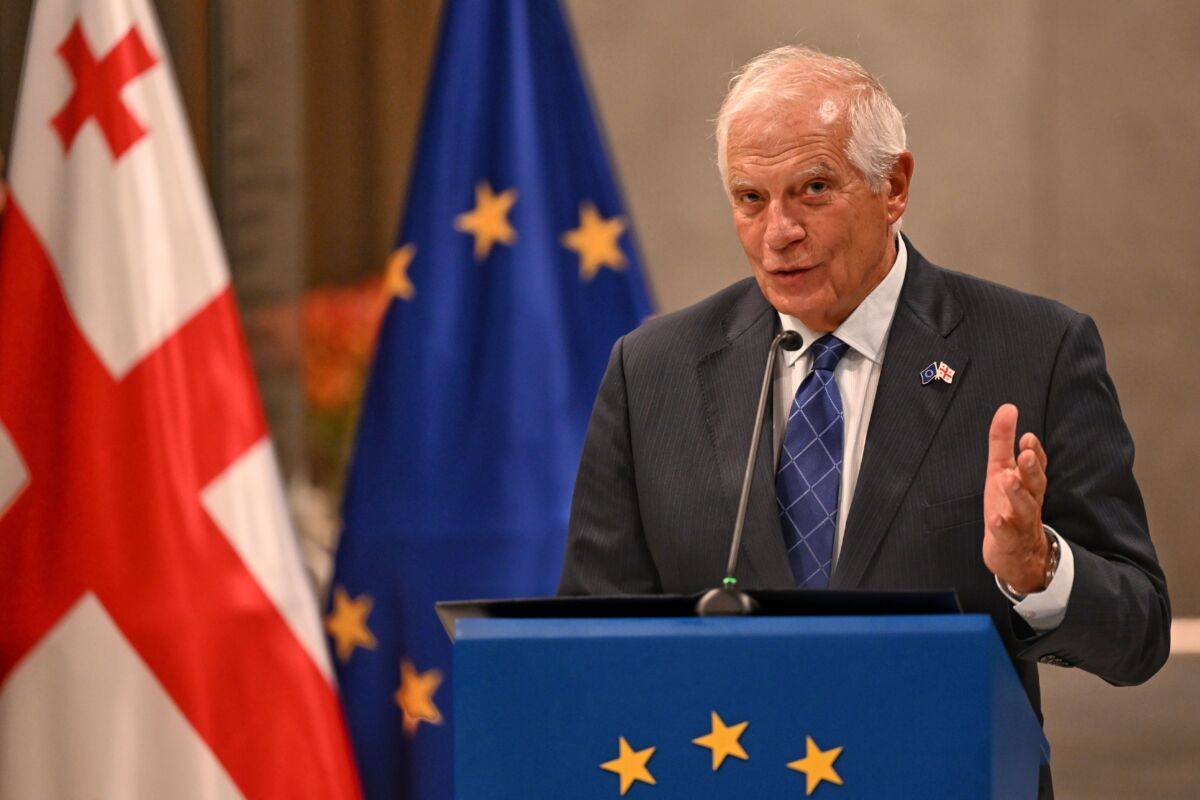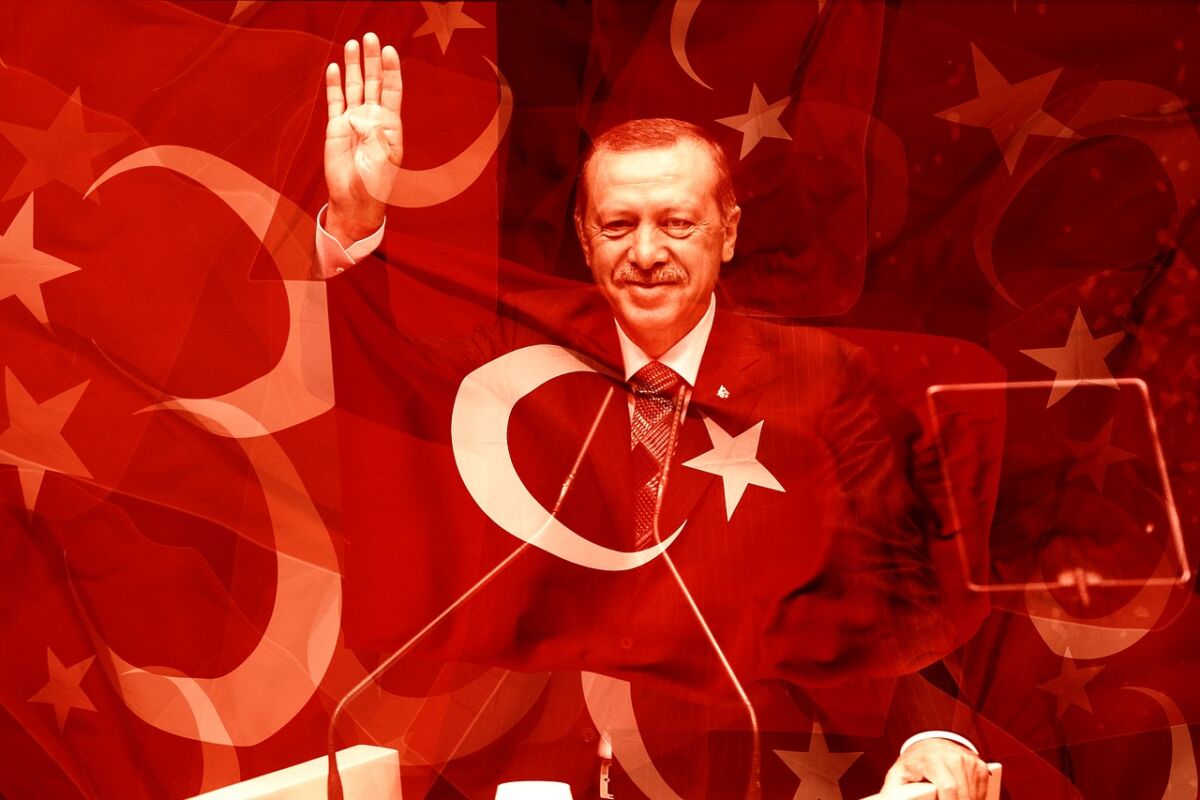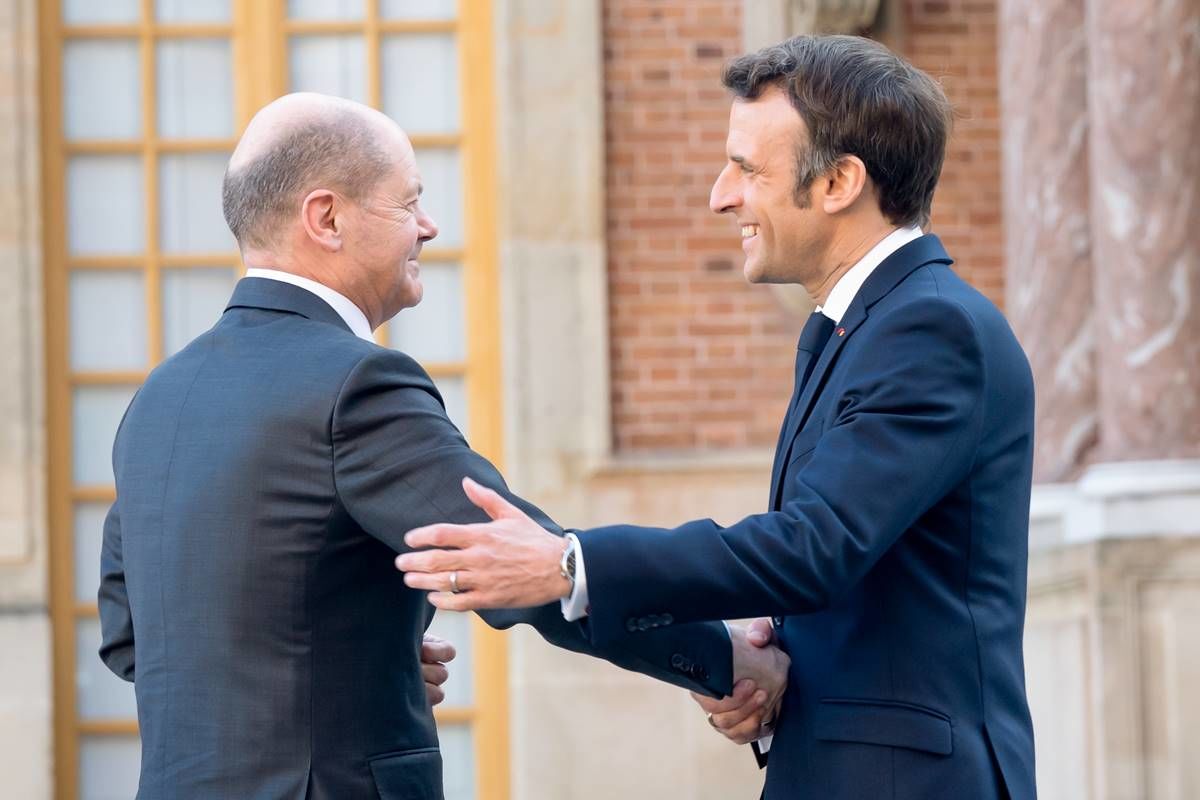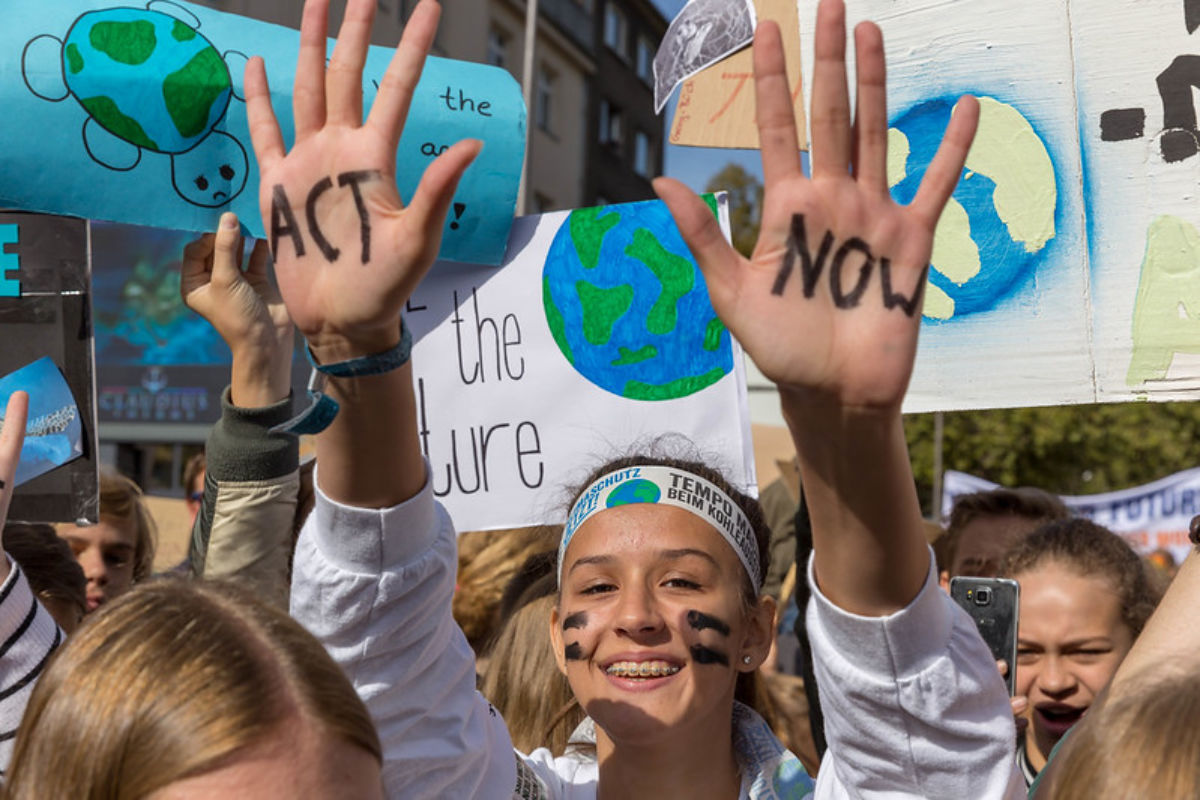Labour’s stonking general election victory on 4 July could raise hopes on both sides of the Channel that the UK may now seek to reverse at least some aspects of Boris Johnson’s hard Brexit. Alas, new prime minister Sir Keir Starmer won’t be clambering for closer (re)integration anytime soon. The key EU message from Labour’s election manifesto can be summarised as: no single market, no customs union, no freedom of movement. Starmer even said just before the election that Britain ‘would not rejoin the EU in my lifetime’ (he’s 61).
And with a clear emphasis on domestic priorities, Labour’s electoral coalition being on shakier ground than its large majority would have you believe and the post-election threat from the populist right, it’s safe to assume Starmer isn’t bluffing. He won’t be seeking deeper economic or political reintegration with the EU anytime soon – even if it does rationally make economic sense.
But the manifesto did pledge to ‘reset the relationship and seek to deepen ties with our European friends, neighbours and allies’. Labour has now begun to outline what it means by this. In a deeply unsettled world, its initial suggestions and ideas are cautiously positive – and the EU needs to sit up and listen to them.
Beneath the majority, shaky foundations
Labour will want to make progress but will still tread carefully on the EU relationship over the coming weeks and months. This is because alongside its pre-election pledges, the foundations of Labour’s landslide victory (411 seats out of 650 with 33.7 % of the popular vote) are not as solid as they appear, with it already being characterised in some quarters as a ‘loveless landslide’.
Highlighting this, one of the biggest election night stories was Nigel Farage’s populist Reform UK. It only won five seats but achieved 14.3 % of the popular vote, coming third overall. Definitely more worrying for Starmer, Reform came second in 98 constituencies, almost always finishing narrowly behind… Labour. Farage will now take every opportunity he can to attack the new government and Starmer must take this threat seriously. The former MEP won’t hesitate to beat the new government with the EU hammer if given the opportunity. In fact, the pro-Brexit right-wing press has already begun to warn about a ‘Brexit retreat’.
Then there’s the losing Conservatives. A battle for the party’s soul has begun and if the populist arch-Brexiteer faction wins, that could result in an alliance – or even merger – with Reform to reunite the right-wing of British politics.
This would be pure nightmare fuel for Labour. Its larger yet fragile electoral coalition was built on most British people’s desire to eject the Conservatives at all costs, rather than any big love for what Labour was offering. The right – whichever form it eventually takes – loudly accusing Labour of renegading on its EU pledges could still potentially drive a decent chunk of that coalition away, especially as Starmer has openly promised to restore trust to politics.
Britain begins to outline its ideas
Regardless of the domestic tightrope Starmer will have to walk, Labour has already confirmed through two newly-appointed Cabinet ministers that it seeks improved trade relations with the EU and a ‘full reset’ of Britain’s relationship with Europe, all in ways that Labour can credibly argue doesn’t violate its pre-election EU pledges.
Business and Trade Secretary Jonathan Reynolds, during the Sunday morning TV interview rounds, emphasised ‘practical’ and ‘sensible’ solutions to improve trade. These include mutual recognition of qualifications and to ‘make the most of the overlap’ of the EU and UK having the same standards on food and drink. This gives EU leaders a good indication of what Britain will likely put forward when Johnson’s barebones trade deal is up for review next year.
Meanwhile, David Lammy, almost immediately after being appointed Foreign Secretary, set off on a whirlwind tour to meet his counterparts in Germany, Poland and Sweden. In a pre-published article, he emphasised that the UK will continue to support Ukraine, that Labour is deeply committed to NATO and that it seeks to work with its European allies to tackle the climate emergency.
Arguably the most eye-catching proposal is for ‘an ambitious and broad-ranging UK-EU Security Pact’ that defines security in its broadest sense. Theresa May had wanted something similar in 2017 but the EU had been highly wary at the time.
Yet the world of 2024 is vastly different from that of 2017. After a tumultuous few years, security is at the forefront of political leaders’ minds everywhere. As such, EU leaders should give the proposal serious consideration due to Britain’s still-considerable defence expertise and punch. They’ll likely find out more when Britain hosts the fourth European Political Community summit later in July.
A reset EU-UK relationship is possible – and desirable
Whilst it’s understandable that EU leaders won’t want to be seen as giving any concessions to the country that left, they should still engage with an open mind and with the understanding that the British (finally) want to engage with them respectfully and in good faith. They’ll also be naturally cautious about Britain’s tendency to try to cherry pick. The aim should be to rebuild mutual trust and whilst any negotiations will always include a bit of ‘cakeism’ on all sides, Labour should understand that too much gluttony would not serve its goal to reset the relationship.
Nonetheless, Labour’s initial overtures – in its first 72 hours in office no less – to seek a reset through practical, sensible and (likely) workable suggestions are both promising and should be viewed as genuine. It openly desires a stronger partnership with the EU and during a period of much global instability, this should be broadly welcomed. It’s in the EU’s best interests to respectfully listen to what it has to say – and then respond in kind. After years of tension and mistrust on both sides, to quote one of Britain’s most well-known politically-tinged anthems, things can only get better.
This CEPS Expert Commentary is a part of an ongoing series running throughout 2024 to mark key global elections during a year when around half of the world’s population will be heading to the polls. You can read the other commentaries in the series here.



